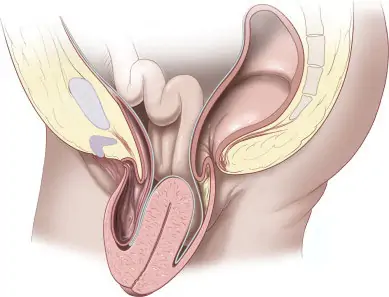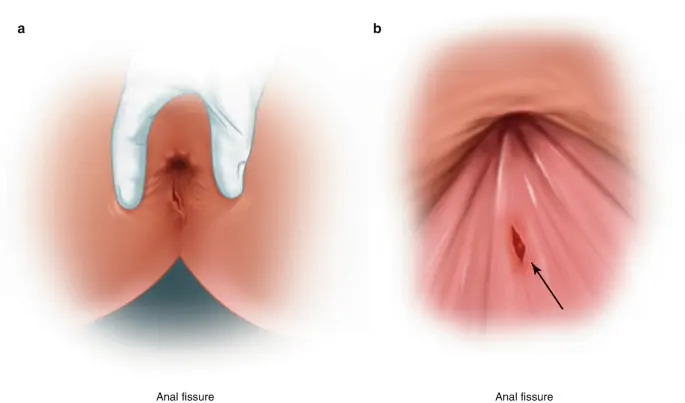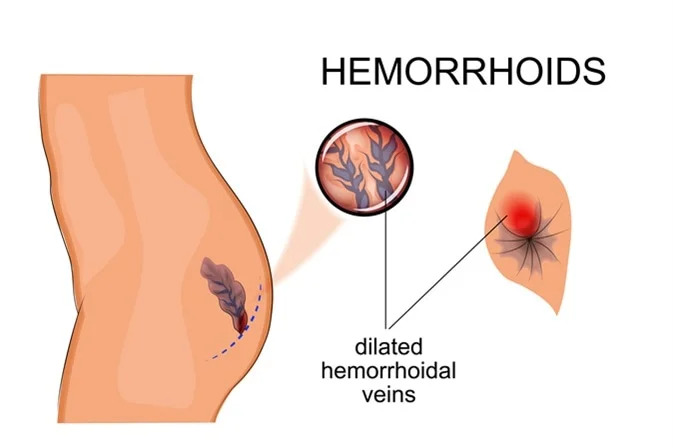Cost of Colon Cancer Treatment in India | Dr. Chintamani Godbole
Colon cancer is a serious health concern—but early diagnosis and expert care can dramatically improve outcomes. If you’re researching the Cost of Colon Cancer Treatment in India, you’re likely asking about expenses...
Read More



